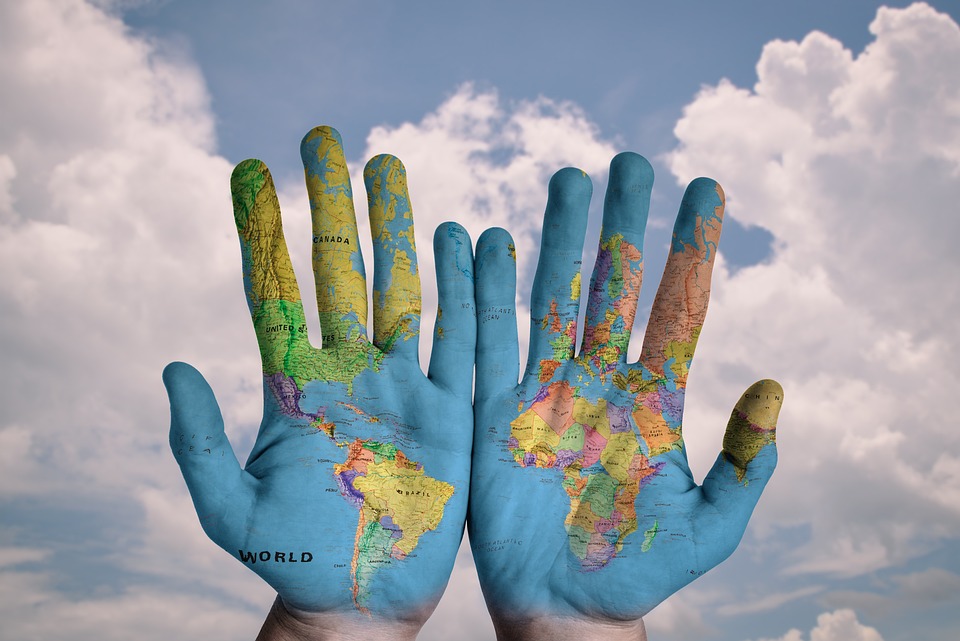The Threads of Time: How Historical Events Have Shaped Our World
History is often conceptualized as a tapestry woven from countless threads, each representing an event, idea, individual, or movement that has impacted the course of human civilization. These threads intertwine to create an intricate pattern that defines the past while influencing the present and future. Understanding how historical events shape our world requires a journey through time and an appreciation for the interconnectedness of human experience.
The Foundations: Early Civilizations
The threads of history begin with the rise of early civilizations, such as those in Mesopotamia, Egypt, the Indus Valley, and China. Each of these societies contributed crucial advancements, including agriculture, writing, and centralized governance. The development of the wheel and the plow revolutionized transportation and food production, leading to population growth and the establishment of trade networks.
The creation of writing systems enabled the recording of laws, stories, and knowledge, facilitating cultural continuity and administrative oversight. The Code of Hammurabi in Babylon, for example, represents one of the earliest systems of law that influenced legal frameworks for generations. The foundations of these civilizations provided essential structural elements for future societies.
The Age of Exploration: Connections and Conquests
The Age of Exploration, spanning the 15th to the 17th centuries, marked a crucial turning point in history, as European powers set out to discover new lands, expand trade routes, and spread their influence. The voyages of Christopher Columbus, Vasco da Gama, and Ferdinand Magellan opened pathways that connected continents and cultures. However, this period was also marked by conquest and colonization, leading to the subjugation of indigenous peoples and the extraction of resources from colonized nations.
The Columbian Exchange that ensued resulted in the transfer of plants, animals, and diseases across the Atlantic, drastically altering ecosystems and human societies on both sides of the ocean. This exchange not only transformed diets and economies but also laid the groundwork for the complex global interactions that characterize our world today.
Revolutions: Ideas and Ideologies
The 18th and 19th centuries were characterized by a series of revolutions that redefined governance, society, and rights. The American Revolution (1775-1783) introduced the idea of self-governance and individual rights, inspiring other movements for independence and democratic governance. The French Revolution (1789-1799) further emphasized liberty, equality, and fraternity, yet it also showcased the tumultuous nature of radical change and the rise of authoritarianism.
The Industrial Revolution, beginning in the late 18th century, revolutionized economies and modes of production. This period saw the transition from agrarian economies to industrialized cities, significantly influencing labor dynamics, class structures, and urbanization. The ripple effects of these social and economic changes continue to shape modern society, with ongoing debates around labor rights, economic inequality, and sustainable development.
Global Conflicts: Wars and Their Aftermath
The 20th century witnessed two global conflicts that would leave an indelible mark on the course of history: World War I and World War II. The aftermath of World War I set the stage for radical political changes, including the rise of totalitarian regimes as exemplified by Nazi Germany and Stalinist Russia. World War II, in contrast, highlighted the catastrophic consequences of unchecked aggression and ideological extremism, ultimately leading to the establishment of the United Nations and a renewed commitment to international cooperation.
The Cold War that followed brought about a bipolar world, pitting capitalist Western nations against communist Eastern bloc countries. This ideological struggle influenced global politics, economics, and culture, giving rise to proxy wars, technological advancements (such as the space race), and movements for decolonization across Africa, Asia, and the Caribbean.
Modern Developments: Globalization and Technology
The dawn of the 21st century ushered in an era characterized by rapid globalization and technological advancement. The internet revolutionized communication, commerce, and access to information, creating a more interconnected world. However, this new global landscape also presented challenges such as the digital divide, misinformation, and cyber threats.
Events such as the September 11 attacks in 2001, the global financial crisis of 2008, and the COVID-19 pandemic have amplified discussions on security, economic inequality, and public health. The lessons of history remind us of the complexity and fragility of our interconnected world, urging us to strive for cooperation and understanding in addressing contemporary challenges.
The Continuing Influence of History
The threads of time, woven through historical events, continue to shape our world in profound ways. Understanding this interconnected history is essential for appreciating current events and envisioning the future. As we look ahead, acknowledging the lessons of the past can guide our decisions and foster a commitment to a more equitable and sustainable world.
By examining history not as a series of isolated events, but as a rich tapestry of human experience, we find the threads that connect us all, reminding us that our collective journey is one of resilience, adaptation, and continual evolution. The future, like the past, will be shaped by the threads we choose to weave today.
Footnote: For further reading on the impact of historical events on contemporary global issues, visit the source at [modern_footnote_source_link].


























Add Comment